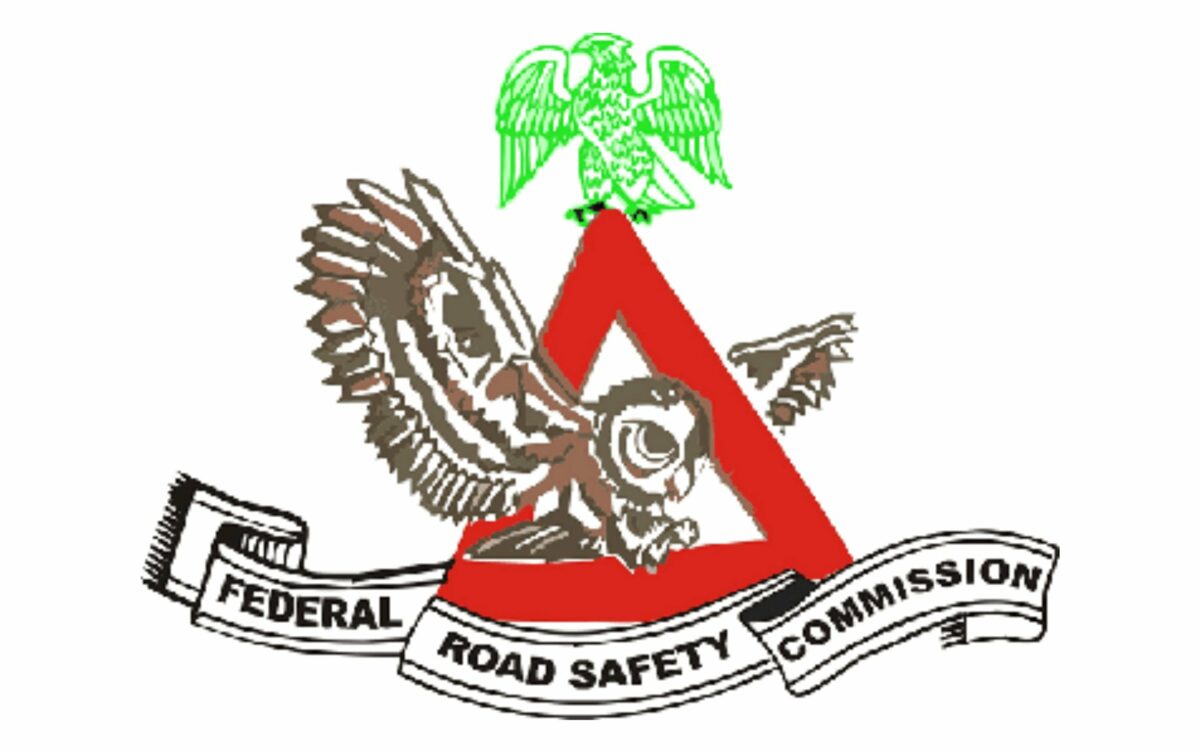The inauguration of the National Road Safety Advisory Council (NaRSAC) Committee by the Vice President, Federal Republic of Nigeria, Kashim Shettima, marks a significant milestone in Nigeria’s quest for road safety.
The Federal Republic of Nigeria is a federal constitutional republic comprising 36 states, a Federal Capital Territory, Abuja, and 774 local government areas. With a total of 923,768 square kilometres and human population of well over 200 million, Nigeria is the most populous country in Africa.
The total road network which is estimated at 200,183km (comprising 36,183km federal, 32,000km state and 132,000km of local roads) has earned Nigeria the rank of having the second largest road network in Africa as at 2019. Currently, more than 95 per cent of urban transportation in Nigeria is done by road, and about 70 per cent of these trips are by public transport.
This huge burden placed on road transportation sector makes it extremely herculean a task to handle the administration of safety, as well as management of traffic on Nigerian roads.
- Winners smile home with prizes at inaugural ACCI Golf Tournament
- Defence minister hails troops for securing Kaduna, Birnin Gwari road
The fact remains that no single government, or agency of government left alone, can boast of having the sole capacity to combat the menace of road traffic crashes and entrench safety on the roads. That is why the task of road safety is basically a collective effort. It requires the combined efforts of both the public and private sectors, civil society organisations, non-governmental organisations, religious bodies as well as traditional institutions amongst others.
This analysis brings to the fore, the potential impact of the NaRSAC Committee on the implementation of Nigeria Road Safety Strategy Document II as well as provides a comprehensive overview of the NaRSAC committee’s potential impact on Nigeria’s road transportation sector.
The United Nations embarked on Decade of Action against road crashes, injuries and fatalities in the break of the new millennium. This decade of action is anchored on safe system approach, leveraging on the five pillars, namely; safer roads, safer road users, safer vehicles, road safety administration and post-crash care. Apart from emphasising on achieving reduction in road crashes by 50 per cent, it also targets to achieve a universe where crashes result in zero death.
To achieve this feat, member countries were mandated to develop a strategy document spanning through a decade that would identify critical stakeholders, including all the tiers and arms of government and apportion responsibilities and roles to every key player. This led to the development of NRSS document. The idea behind it is to have an all-inclusive approach to road safety in Nigeria, where everyone has a role to play.
The Nigeria Road Safety Strategy (NRSS) document II is the second edition of an action plan to improve road safety in Nigeria and aligns with safety management approach with global best practices. With the maiden edition (NRSS 2014-2018) reaching its terminal phase in 2018, a comprehensive review of the strategy was necessary, not just to pursue the adopted policy path, but also to enrich core contents, improve on implementation methodology, and generally consolidate the tremendous gains of the first edition.
Thus the NRSS II (2021-2030) advances the progress already made and charts a way forward. NRSS II, therefore, articulates the multi-sectoral activities that are necessary for the achievement of Nigeria’s much-desired road safety and outlines the country’s roadmap for reducing road crashes and fatalities.
The document identifies key strategies, including improving road infrastructure, enhancing vehicle safety standards, strengthening enforcement and regulation, as well as, promoting public awareness and education.
The NaRSAC committee’s primary responsibility is to implement all strategic initiatives provided in the document as a guide on road safety implementation in Nigeria. It will also coordinate stakeholder engagement, monitor implementation progress and advise on resource allocation.
The committee’s inauguration will definitely usher in a new dawn for road safety in Nigeria. It is expected to, among others, enhance policy coordination and streamline road safety efforts across federal, state, and local governments; improve stakeholder engagement by fostering collaboration among government agencies, private sector, and civil society organisations; boost implementation, as well as accelerate progress toward achieving the Strategy Document’s goals, and also increase resource allocation by attracting funding and resources from government, private sector, and international partners.
As the lead agency that superintends the administration of safety in the country, the Federal Road Safety Corps has already commenced putting all necessary measures in place to ensure a seamless implementation of the strategies in the document.
Under the leadership of the Corps Marshal, Shehu Mohammed, deployment of technology as well as staff capacity development programmes have been introduced. This is to ensure that the staff are well prepared to handle the technological aspect of the combat mission against crashes on our roads.
With the inauguration of this committee, the Corps, as well as the country is set for better days and it is hoped that the members will wake up to the task ahead and commit their time to the realisation of the mandate of the committee.
Obviously, the corps now has a greater commitment to requesting all stakeholders to share in the vision that Road Safety as an agenda needs more attention, more care, and more funding.
Together, as we enjoy shared responsibilities as stakeholders we can do more, we can do better and we can save more lives and properties of Nigerian citizens for the ultimate economic growth and development of our nation.
Ogungbeide Mni is an Assistant Corps Marshal and Corps Public Education Officer FRSC

 Join Daily Trust WhatsApp Community For Quick Access To News and Happenings Around You.
Join Daily Trust WhatsApp Community For Quick Access To News and Happenings Around You.